Is high blood pressure more likely to flare up in the cold winter months?
Hello everyone, I am Dr. Yang. In winter, due to the stimulation of cold, it does make the blood pressure of our hypertensive patients more prone to fluctuation and not easy to control, which is why hypertensive patients are prone to sudden stroke, myocardial infarction, and other accidents of cardiovascular and cerebrovascular diseases in winter.So, in order to get through the winter safely, it is recommended that we hypertensive patients do at least the following six things:
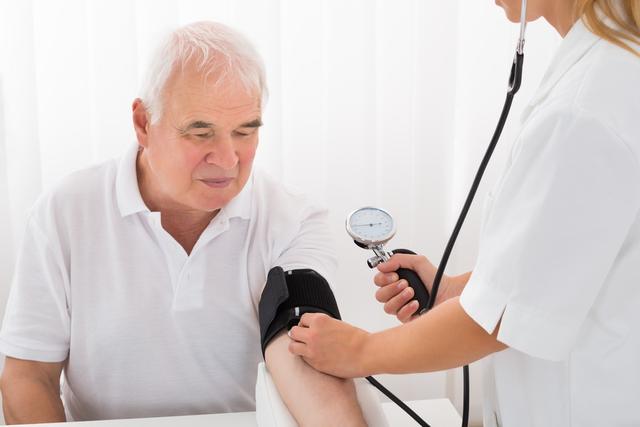
First, monitor your blood pressure regularly.Regardless of how well your blood pressure is controlled, you should monitor your blood pressure on a regular basis to detect any abnormalities in time. Generally speaking, patients with stable blood pressure control are recommended to monitor their blood pressure 1~2 times a week, preferably in the morning after waking up and before breakfast, and some patients with abnormal blood pressure fluctuation are also recommended to measure their blood pressure once before going to bed; if the blood pressure control is not stable, it is recommended to monitor the blood pressure every day, which can be monitored in the morning, afternoon, and evening, and to adjust the medicine under the guidance of the doctor.
Second, control your diet.China's traditional "winter tonic" said, but for hypertensive patients, in the "tonic" time to pay attention to do not make up for the overdose. Pork, beef, mutton and other red meat do not eat too much, especially fat meat should be eaten less; there are also high sugar foods to eat as little as possible, to avoid excess energy, resulting in overweight; in addition, many people like to drink soup in the winter, but the soup contains a lot of salt, and hypertensive patients are less salt, so if you want to drink soup, it is best not to add salt to drink the clear soup. Fresh vegetables, fruits, fish and shrimp and other foods can eat more.
Third, moderate exercise.Winter weather is cold, but don't forget to exercise. Exercise body pay attention not to exercise in the morning, one is that many people are in the morning blood pressure is the highest blood pressure throughout the day time period, the second is that the morning temperature is lower, this time is the most likely to occur cardiovascular and cerebral vascular disease of the time period, so high blood pressure patients are best to avoid this time period. You can exercise in the afternoon or after dinner for about 30 to 60 minutes. Aerobic exercises such as jogging, brisk walking and tai chi are more suitable for most hypertensive patients.
Fourth, work regularly and avoid late nights.Ensuring adequate sleep, relaxation, and a regular daily routine is more beneficial to our cardiovascular health.
Fifth, regular and standardized use of antihypertensive drugs.This is actually very important. Many hypertensive patients think that it does not matter if their blood pressure is higher, and either forget to take their antihypertensive medication or do not want to take it every day. This kind of idea is very easy to cause large fluctuations in blood pressure, sudden cardiovascular and cerebrovascular diseases. Remind us that hypertensive patients should take antihypertensive drugs regularly and standardized, adjust the antihypertensive drugs to the hospital to find a doctor to adjust, do not adjust the drug without authorization.
Sixth, keep warm in winter to prevent colds.Winter is also the season of high incidence of respiratory infectious diseases. Hypertensive patients who are combined with respiratory infections are prone to blood pressure fluctuations, substandard control and damage to cardiovascular and cerebral vessels. Therefore, this point is also our hypertensive patients need to pay attention to.
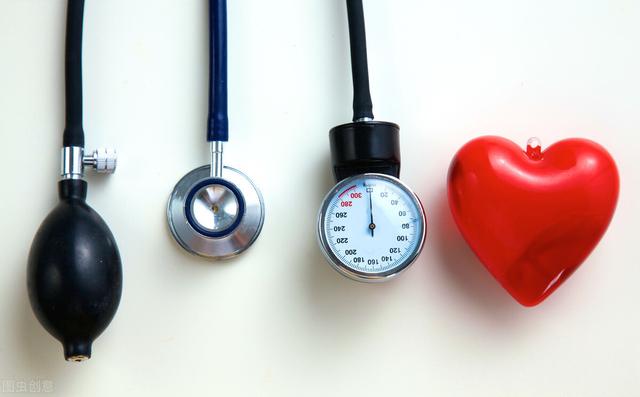
The above six points of advice to help you get through the winter safely, if you think it's useful on the point of praise it ~ there are questions you can focus on me to get more related health knowledge, thank you for reading!
Yeah, it is.
This answer can be 100% sure, according to my experience, uh, where in the winter, you take off your clothes and try this answer can be 100% sure, according to my experience, uh, where in the winter, you take off your clothes and try this answer can be 100% sure, according to my experience, uh, where in the winter, you take off your clothes and try. Blood pressure than not take off the clothes to be higher than twenty or thirty um, highly low degree are so, that year 07 um, go to the steel plant physical examination, seven people blood pressure are high, the next day test is completely normal, that is, nervous excitement
Hello, with the change of weather, many aspects of the human body will appear changes, such as blood pressure, can be changed with the climate and temperature changes, when the colder the weather, the higher the blood pressure, so for patients with hypertension, to understand the reasons for the rise in blood pressure, and at the same time pay attention to do a good job of protection, in order to prevent fluctuations in blood pressure caused by the occurrence of some accidents, jeopardizing their own health.
Many people may have this discovery, especially for some hypertensive patients, in the colder the weather, will find that the higher the blood pressure, so in the winter cold weather, more hypertensive patients due to fluctuations in blood pressure and trigger some cardiovascular and cerebrovascular diseases, then why the colder the weather will be the higher blood pressure? Here let's take a look at the reasons for it.
The human body's blood pressure changes are actually affected by many factors, such as temperature, day and night and emotions and other factors can lead to fluctuations in blood pressure, generally normal, winter blood pressure is higher, fluctuations are also large, while the summer is slightly lower, the blood pressure is more stable. Why is this the case? In fact, this blood pressure fluctuations and outdoor temperature is related, when the outdoor temperature is lower, then the body's sympathetic nervous system will be excited, will secrete catecholamines to resist the cold environment, this substance it has to accelerate the heart rate and contraction of peripheral blood vessels, so it will lead to increased blood pressure. In addition, winter sunlight is weak, the human body synthesizes less vitamin D, which will lead to reduced calcium absorption, may also lead to increased blood pressure.
Because blood pressure can increase with the lowering of temperature, it is easy to cause hypertensive patients to be at risk at the change of seasons. The sudden increase of blood pressure in winter can increase the occurrence of some cardiovascular diseases in hypertensive patients, such as myocardial infarction, cerebral infarction, cerebral hemorrhage, etc., so we must pay attention to warmth in winter, to prevent the occurrence of these risks.
Hypertensive patients are advised to monitor their blood pressure diligently during seasons of sudden changes in outdoor temperature, especially in winter and the alternation of summer and fall, and also to pay attention to any discomfort, such as a significant increase in blood pressure or symptoms such as dizziness and headache.
The above is about why the colder the weather, the higher the blood pressure will be the cause of the introduction, for the older the person, the blood pressure value is more likely to change with the influence of the outdoor temperature and the occurrence of large changes, so it is recommended that the elderly and some patients with hypertension, pay attention to the winter and seasonal alternation to closely monitor the blood pressure, in order to prevent accidents due to excessive fluctuations in blood pressure, endangering the life of the patient.

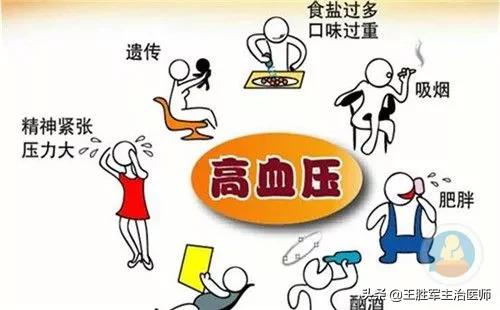
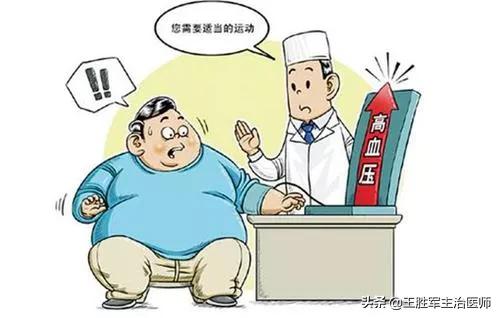
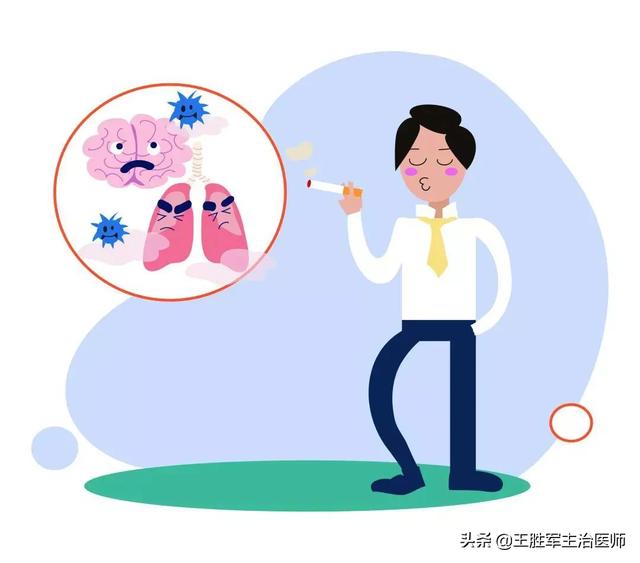
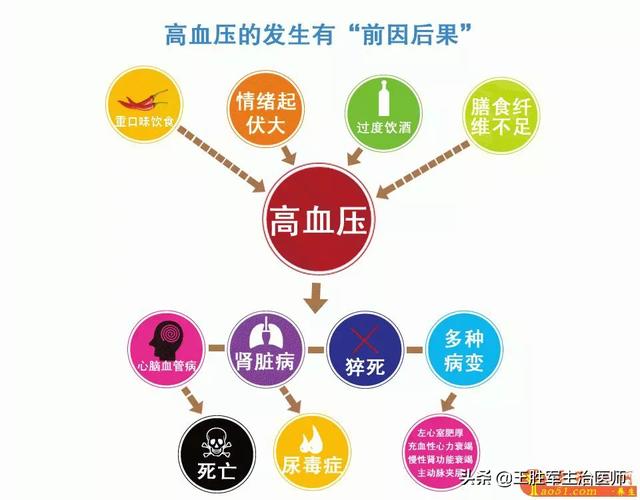
For more inquiries, please pay attention to the message
This question and answer are from the site users, does not represent the position of the site, such as infringement, please contact the administrator to delete.